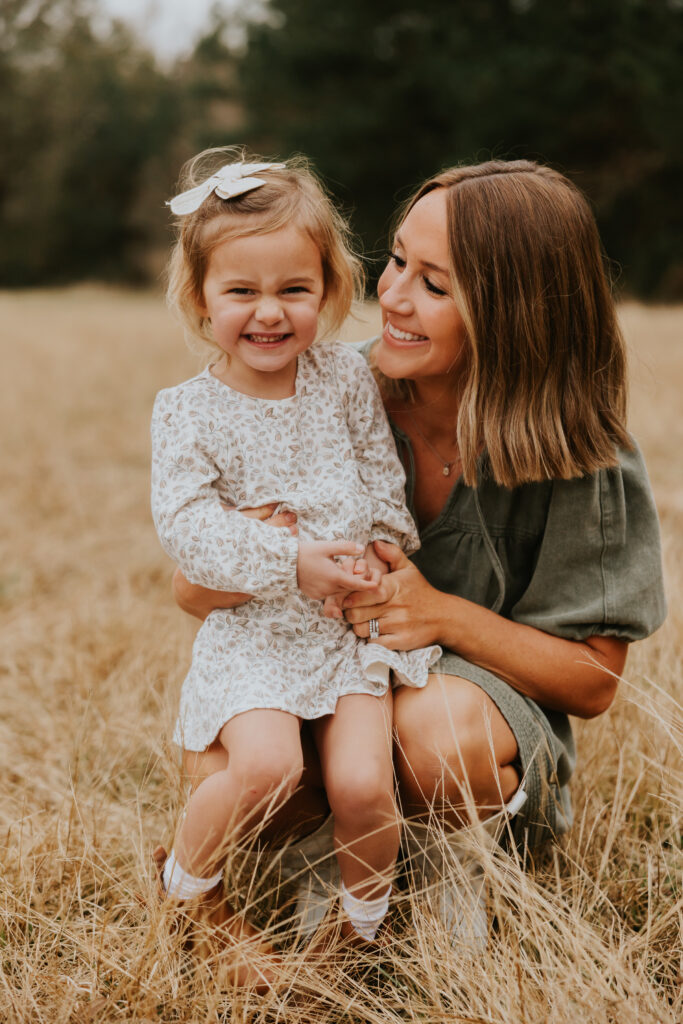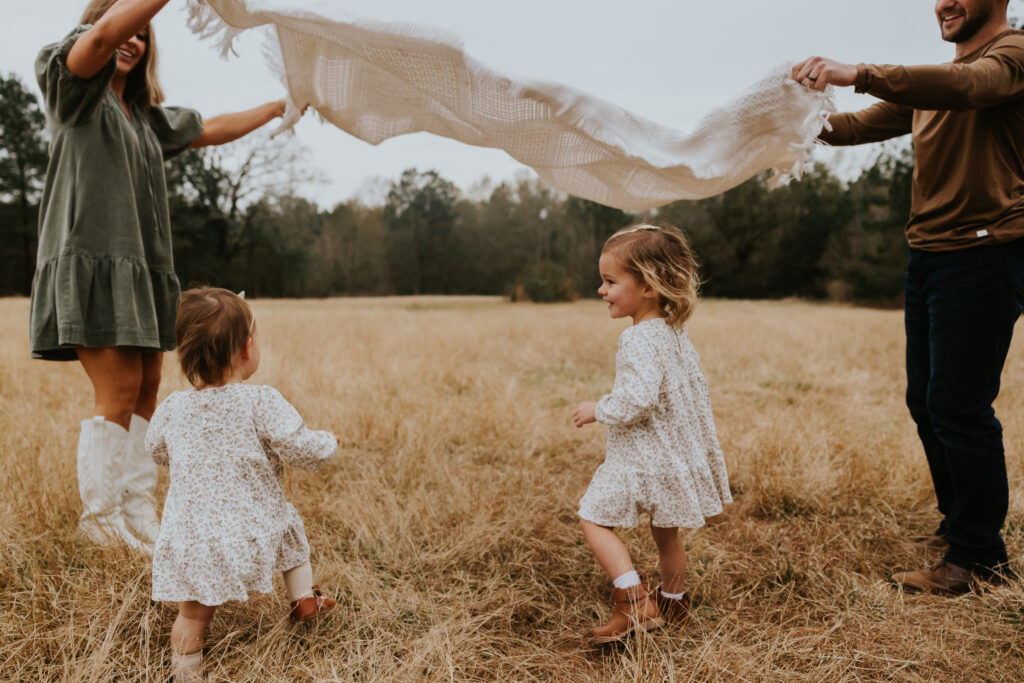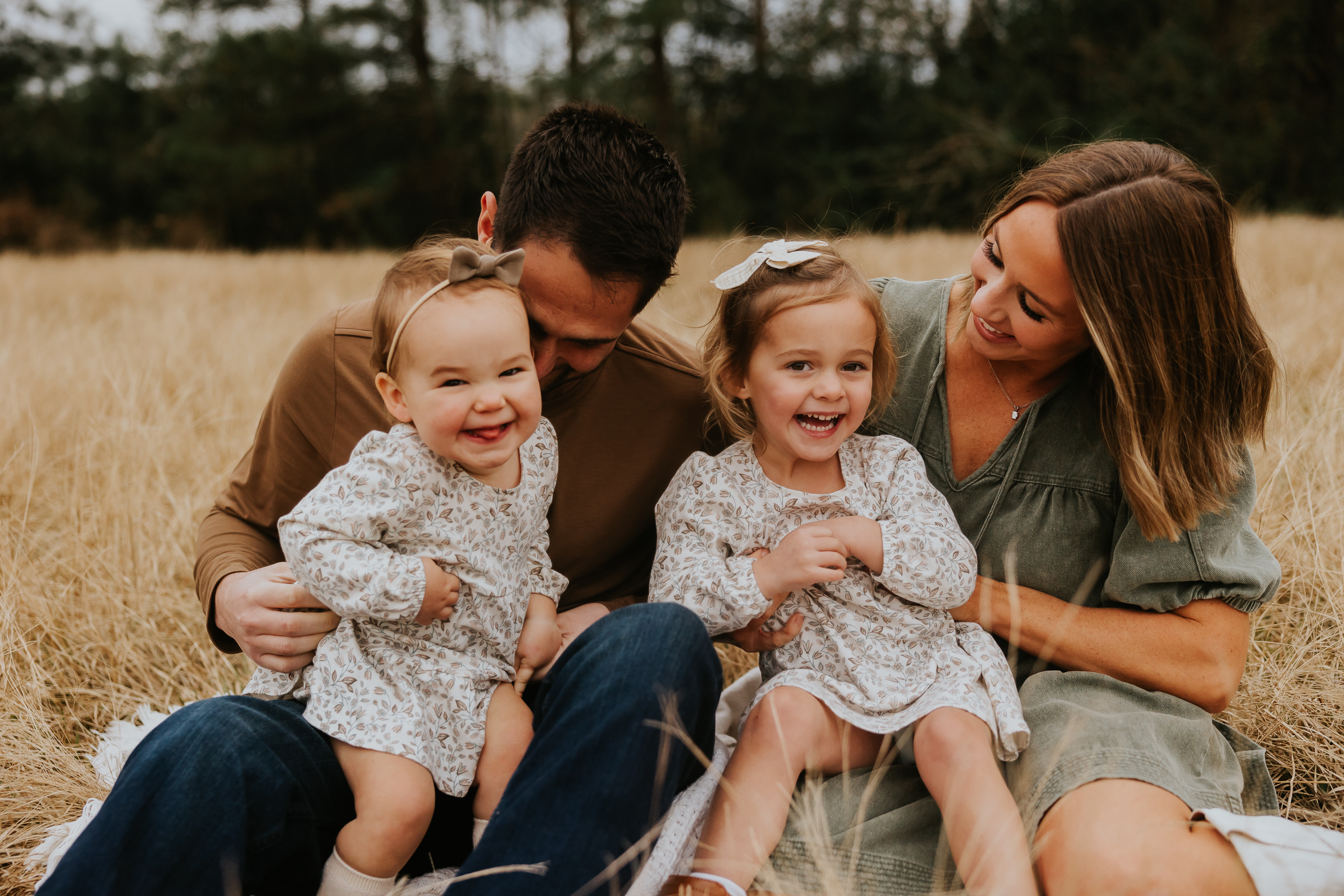Many parents struggle with the decision to sleep train, often worrying about how it may affect their bond with their baby. The fear that sleep training could harm attachment is common, but research provides reassuring answers. Studies show that gentle sleep training does not harm attachment and can actually support both a baby’s well-being and a parent’s mental health.
What Is Gentle Sleep Training?
Gentle sleep training is a gradual and responsive approach that helps babies develop independent sleep skills while feeling safe and supported. Instead of making abrupt changes, parents adjust bedtime routines in small steps, allowing their baby to build confidence in their ability to sleep independently.
Like learning to walk or talk, sleep is a skill that takes time. Babies benefit from encouragement and reassurance as they gain confidence in their ability to fall asleep on their own. Gentle sleep training provides a structured yet flexible approach, allowing babies to adjust at their own pace.
There are different ways to approach gentle sleep training. Some methods focus on gradually reducing parental assistance, while others involve brief check-ins to provide comfort and reassurance. The goal is to create a positive and supportive path toward better sleep while maintaining a strong parent-child bond.
Choosing the Right Sleep Training Method
Not all babies respond to sleep training in the same way. When deciding on a gentle approach, consider the following:
- Age: Sleep needs and abilities change as babies grow. A newborn may need more hands-on support, while a six-month-old may adjust well to brief check-ins.
- Current Sleep Habits: If your baby relies on rocking, nursing, or patting to fall asleep, a gradual method may work best. If they already have some independent sleep skills, small adjustments may be enough.
- Temperament: Some babies adapt well to gradual changes, while others may become frustrated with slow transitions. Observing your baby’s responses can help guide your approach.
By considering these factors, parents can choose a method that supports both their baby’s needs and their family’s overall well-being.
The Science on Sleep Training and Attachment
One of the largest randomized controlled trials on sleep training found no difference in secure attachment between babies who were sleep trained and those who were not (Price et al., 2012). This research confirms that gentle sleep training does not harm attachment or emotional security.
Further research also supports the benefits of behavioral sleep interventions. A review of multiple studies found no adverse secondary effects from participating in sleep training (Mindy et al., 2006). Instead, infants who took part in sleep interventions were found to be more secure, predictable, and less irritable. They also cried and fussed less after treatment.
Additionally, parents of older children reported improved daytime behavior following sleep training. One study found that 73% of parents noticed positive changes in their child’s behavior after implementing behavioral sleep strategies. Importantly, mothers reported that these methods did not impact breastfeeding or overall fluid intake.
These findings suggest that improved sleep quality benefits both babies and parents, helping families function better overall.

Babies’ Brains Can Handle Normal Stress
Some parents worry that sleep training may cause distress. However, babies are designed to handle normal, short-term stress as they develop new skills—including learning to sleep independently.
According to research from the Center on the Developing Child at Harvard University, short, manageable stress (such as brief fussing during sleep training) does not harm brain development. In fact, mild stress can help build resilience when paired with consistent parental responsiveness (Harvard Center on the Developing Child).
The key difference is toxic stress—which results from chronic neglect or trauma. Gentle sleep training, when done with care and responsiveness, does not fall into this category. Instead, it teaches babies to adapt to change in a safe and supportive environment.
Final Thoughts: Prioritizing the Whole Family’s Well-Being
Sleep training is a personal decision, and every family’s needs are different. The most important thing is finding a balanced approach that supports both your baby’s sleep and your own well-being.
Research shows that gentle sleep training is safe and does not harm attachment. Babies who learn to sleep independently still develop strong, loving bonds with their parents. And when parents are well-rested, they’re able to show up as their best selves—which benefits the entire family.
If you’ve been struggling with sleep, know that you’re not alone. There’s no one-size-fits-all approach, and it’s okay to choose the path that feels right for your family.
Would you like help with gentle sleep training? Contact me today to learn how we can create a sleep plan that works for your baby—and for you.

